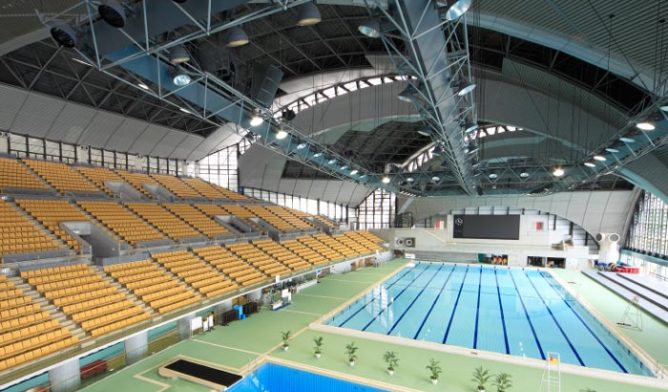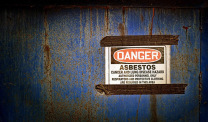US Officials Respond to Asbestos Issue at Tokyo 2020 Water Polo Venue
Asbestos Exposure & BansWritten by Daniel King | Edited By Walter Pacheco

Officials with USA Water Polo are confident that organizers of the 2020 Tokyo Summer Olympics will fix an ongoing asbestos issue at the water polo venue for this year’s games.
Japanese newspaper The Asahi Shimbun originally reported that officials had discovered asbestos-containing insulation in at least two locations of the Tatsumi International Swimming Center in 2017. But the human carcinogen was not removed during renovations to the arena.
Exposure to asbestos is the primary cause of mesothelioma, a deadly cancer with no definitive cure.
Following reports of the asbestos issue, Tokyo 2020 organizers are taking “emergency countermeasures” to ensure the venue is safe for Olympic athletes, personnel and spectators.
“We are working closely with the United States Olympic & Paralympic Committee in conjunction with the Tokyo 2020 Organizing Committee, and we are confident that they are taking the necessary precautions to ensure the health and safety of all athletes during the games, irrespective of venue or site,” USA Water Polo spokesman Greg Mescall told The Mesothelioma Center at Asbestos.com.
Asbestos Issue Originally Deemed Stable
The Tatsumi International Swimming Center opened to the public in 1993. According to The Asahi Shimbun, city officials discovered the asbestos issue during a survey of the venue in 2017.
Japan’s Building Standards Law states that asbestos should be removed or covered up if the issue is large in scale. Tokyo government officials deemed the amount of asbestos-containing materials at the swimming facility did not fit that requirement and did not constitute a “major” improvement.
The Japanese government began phasing out asbestos in 2004. Although a total ban was promised by 2008, it wasn’t fully prohibited until 2012.
The spray-on insulation products were also isolated to the center’s roof and were in an area where pedestrian traffic is low, the Japanese newspaper reported.
However, asbestos fibers in exposed insulation can become airborne, potentially circulating through the building’s air conditioning and ventilation system. This is an obvious concern as the 3,635-seat venue prepares to host a worldwide sporting event.
Inhaling or ingesting these microscopic fibers presents a human health risk. The World Health Organization and the United States Environmental Protection Agency agree there is no safe level of asbestos exposure.
In addition to mesothelioma, exposure to asbestos can lead to serious respiratory diseases, including asbestosis and lung cancer.
Tokyo 2020 Facing Other Safety Issues
Asbestos at its water polo venue is the latest health issue Tokyo 2020 officials face.
Last month, the International Olympic Committee relocated the marathon event to Hokkaido over concerns of high heat levels in Tokyo and the potential risk to athletes.
“We consider it an unprecedented turn of events for the IOC to make such an abrupt proposal with no consultation or discussion whatsoever with the host city Tokyo beforehand,” Tokyo Gov. Yuriko Koike told the Kyodo News.
Tokyo was selected as the host city of the XXXII Olympic Summer Games in 2013. It is the second time Japan’s capital city will host the Summer Games, the first being in 1964. The opening ceremony will be held July 24.






